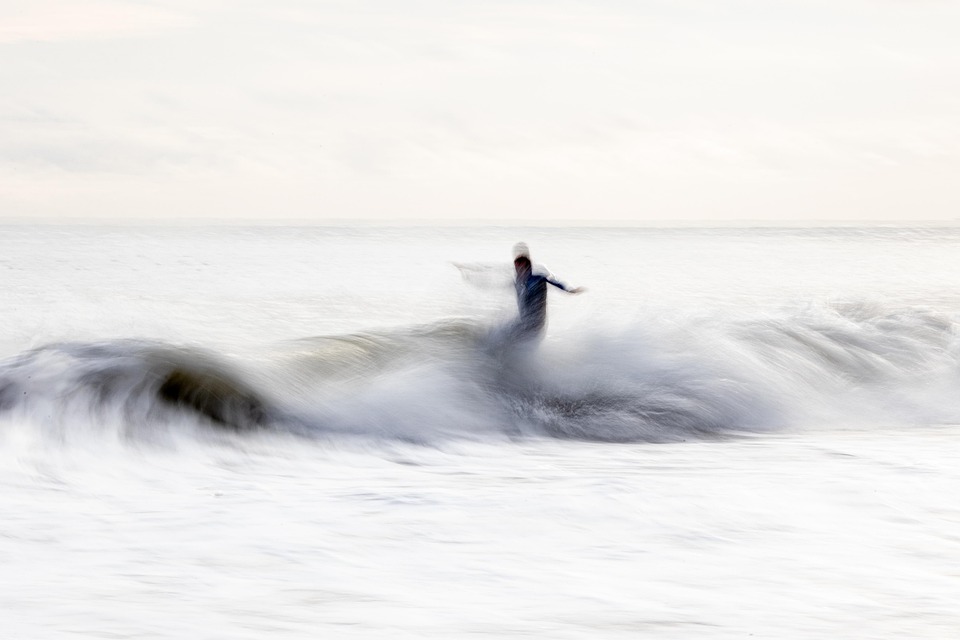Mapping Your Journey in Sports Science
Embarking on a career in sports science is akin to setting off on an exhilarating expedition—each twist and turn presenting unique challenges and opportunities. As you navigate this dynamic field, several essential roadmaps can guide your path.
1. Embrace Education and Specialisation
A solid educational foundation is paramount. Pursuing a degree in sports science or a related discipline is just the beginning. Consider diving deeper into specialisations such as exercise physiology, biomechanics, or sports psychology. Each area offers distinct insights and tools, enhancing your expertise and appeal to potential employers.
Moreover, continuous learning is vital. Engage in workshops, seminars, and online courses to stay abreast of the latest research and advancements. The world of sports science is ever-evolving; being a lifelong learner not only sharpens your skills but also demonstrates your commitment to the field.
2. Cultivate Practical Experience
Theory without practice can lead to a stagnant career. Seek internships, volunteer opportunities, or part-time roles within sports teams, fitness centres, or research institutions. These experiences are invaluable, providing you with a platform to apply theoretical knowledge in real-world settings.
Networking within these environments can also lead to mentorship opportunities. Connect with seasoned professionals who can share insights, offer guidance, and potentially open doors for future roles.
3. Develop a Diverse Skill Set
While technical knowledge is indispensable, soft skills are equally important. Communication, teamwork, and problem-solving abilities can set you apart in a competitive job market. Sports scientists often work in multidisciplinary teams; being able to convey complex ideas clearly and work collaboratively is crucial.
Additionally, consider enhancing your analytical skills. Proficiency in data analysis software or familiarity with performance measurement tools can greatly increase your employability, allowing you to interpret and apply data effectively in sports contexts.
4. Build a Personal Brand
In today’s digital age, personal branding is essential. Create a professional online presence through platforms like LinkedIn, showcasing your qualifications, experiences, and interests. Share articles, engage in discussions, and connect with fellow professionals.
Your online persona can serve as a portfolio of your work and ideas, attracting opportunities that may not arise through traditional job search methods.
5. Stay Resilient and Adaptable
The path of a sports scientist is often fraught with obstacles—grants may not come through, or your initial career choices may not align with your passions. Resilience is key; learn to adapt and pivot when necessary. Embrace feedback and view setbacks as stepping stones rather than roadblocks.
Having a flexible mindset will not only bolster your career but also enrich your personal growth, allowing you to navigate the unpredictable landscape of sports science with confidence.
Charting Your Future
As you carve out your niche in the sports science arena, remember that the journey is as vital as the destination. Embrace the learning, the experiences, and the relationships you build along the way. For those seeking further resources in crafting your professional identity, CVPortal continues to provide a wealth of high-quality CV templates and examples, ensuring you’re well-equipped to present your best self to potential employers.


